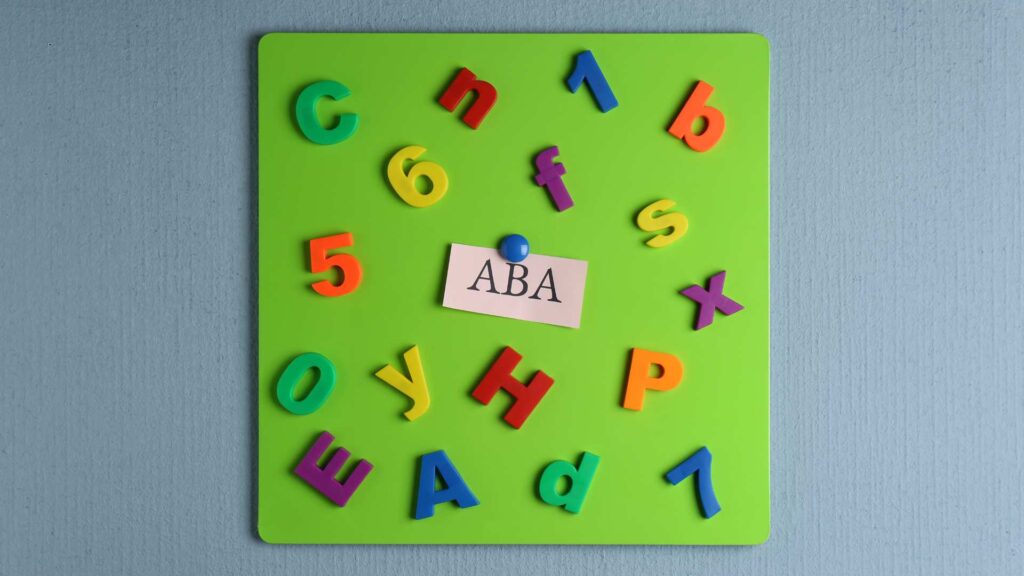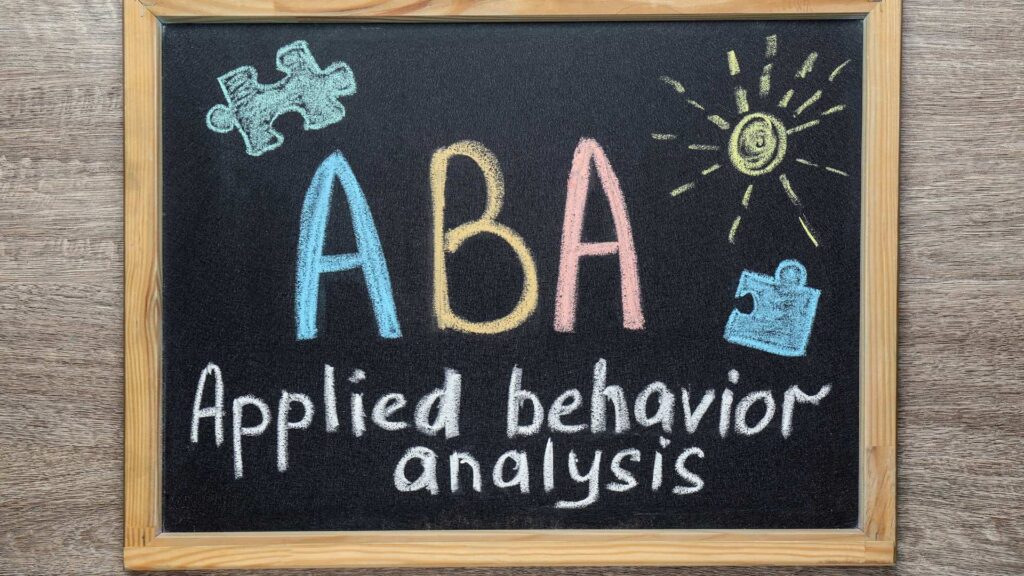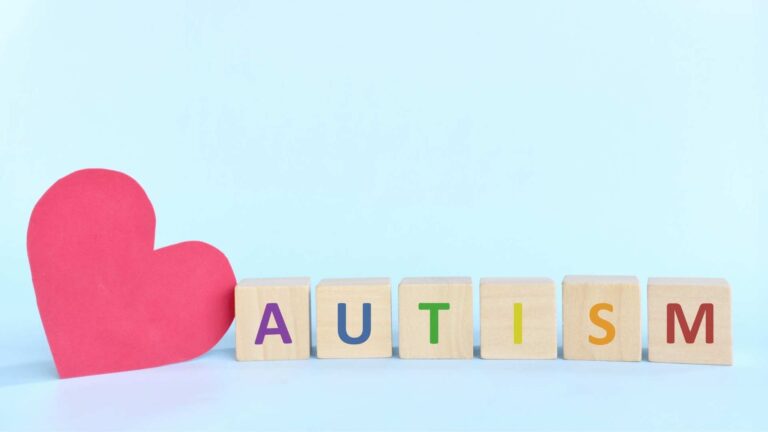Table of Contents
When your child receives an autism spectrum disorder diagnosis, you’re likely overwhelmed with information and uncertainty about the next steps. Parents across Delaware consistently ask similar ABA questions when considering Applied Behavior Analysis therapy for their children.
At ABA Centers of Delaware, we understand that having clear, comprehensive answers to these ABA questions is crucial for making informed decisions about your child’s treatment journey.
Applied Behavior Analysis has become the gold standard for autism treatment. Yet, many families still have fundamental ABA questions about how this evidence-based approach works, what to expect, and how it can benefit their child.
This comprehensive guide addresses the most frequently asked ABA questions we encounter from Delaware families, providing you with the knowledge needed to navigate your child’s autism treatment path confidently.
10 ABA Questions Answered for Delaware Parents
What Exactly Is Applied Behavior Analysis?
This inquiry ranks among the most fundamental ABA questions parents ask when exploring autism treatment options. Applied Behavior Analysis is a scientific approach that studies and modifies behavior through systematic interventions based on learning principles.
The methodology breaks complex skills into smaller, teachable components, using positive reinforcement to encourage desired behaviors. Board Certified Behavior Analysts (BCBAs) develop individualized treatment plans based on comprehensive assessments, ensuring each child receives targeted intervention addressing their specific needs and strengths.
Unlike other therapeutic approaches, behavior analysis therapy relies on measurable data to track progress and make informed treatment adjustments. This scientific foundation ensures that interventions are effective and evidence-based, giving families confidence in their treatment decisions.

How Does ABA Therapy Work for Children with Autism?
Among the most practical ABA questions families ask is how ABA therapy actually helps their child develop new skills. ABA programs typically involve one-on-one sessions where trained technicians work directly with children using structured teaching methods.
The process begins with detailed assessments to identify skill deficits and behavioral challenges. BCBAs then create comprehensive treatment plans targeting areas such as communication and social skills, academic readiness, behavioral management, and daily living skills.
Is ABA Therapy Covered by Insurance in Delaware?
Insurance coverage represents one of the most pressing ABA questions for families considering treatment. Delaware law requires most major insurance plans to cover Applied Behavior Analysis for autism treatment, with the maximum benefit per person for 2025 being $37,691.77.
ABA Centers of Delaware works directly with insurance providers to verify coverage, handle pre-authorization requirements, and minimize out-of-pocket expenses for families. Our insurance specialists can answer specific coverage ABA questions and help you navigate the approval process.
How Long Does ABA Therapy Take to Show Results?
Timeline expectations generate numerous ABA questions from parents eager to see progress in their children. Applied Behavior Analysis outcomes vary significantly based on individual factors, including age at treatment initiation, severity of symptoms, hours of weekly intervention, and family involvement.
Research indicates that early intervention produces the most dramatic results, with some children showing measurable improvements within the first few months of ABA services. However, meaningful skill development typically requires consistent intervention over months or years.
What Role Do Parents Play in ABA Therapy?
Parent involvement ranks among the most essential ABA questions for ensuring treatment success. ABA services emphasize collaborative approaches where families become active partners in their child’s intervention program.
Parents contribute to behavior analysis therapy through:
- Session observation
- Home implementation
- Data collection
- Goal setting
- Consistency maintenance

Active parent participation significantly enhances treatment outcomes and helps children generalize newly acquired skills to real-world situations.
Can ABA Help with Challenging Behaviors?
Behavioral concerns generate many urgent ABA questions from families dealing with aggression, self-injury, or disruptive behaviors. ABA therapy effectively addresses challenging behaviors through functional behavior assessments that identify the underlying issues.
What Training Do ABA Therapists Have?
Professional qualifications represent crucial ABA questions for families evaluating ABA services. Applied Behavior Analysis therapy requires specialized training and certification to ensure quality intervention.
Board Certified Behavior Analysts (BCBAs) hold master’s degrees in behavior analysis or related fields, complete extensive supervised experience, and pass rigorous certification examinations. BCBAs design treatment programs, oversee implementation, and make data-driven treatment decisions.
Registered Behavior Technicians (RBTs) provide direct therapy services under BCBA supervision. RBTs complete specialized training programs, pass competency assessments, and maintain ongoing education requirements to ensure quality service delivery.
How Is Progress Measured in ABA Therapy?
Data collection and progress monitoring generate frequent ABA questions from parents wanting to understand how their child’s development is tracked. Applied Behavior Analysis relies on objective, measurable data to evaluate intervention effectiveness and guide treatment decisions.
ABA therapists measure progress through:
Skill Acquisition Data: Tracking mastery of new abilities across different complexity levels and environments.
Behavioral Frequency Measures: Recording how often target behaviors occur to evaluate intervention effectiveness.
Duration and Intensity Tracking: Monitoring how long behaviors last and their severity levels.
Generalization Assessment: Evaluating whether skills transfer to new situations, people, and environments.
Standardized Assessments: Using validated measurement tools to track overall developmental progress.
What Ages Can Benefit from ABA Therapy?
Age appropriateness creates common ABA questions for families wondering when to begin intervention. While Applied Behavior Analysis is most associated with early childhood autism treatment, behavior analysis therapy benefits individuals across the lifespan. However, the most dramatic gains occur when ABA therapy begins during preschool years, taking advantage of neuroplasticity and foundational skill development periods.
What Is the Availability for Starting ABA Therapy?
Service availability represents a common concern among ABA questions from families, as increased autism awareness has created a higher demand for quality intervention services. At ABA Centers of Delaware, we’ve developed streamlined intake processes and flexible service delivery options to minimize wait times for families seeking autism diagnosis or ABA therapy support.
Our comprehensive service model allows us to deliver Applied Behavior Analysis in multiple settings, including our clinical centers, your child’s school, your home environment, and various community locations.
ABA Centers of Delaware: Your Partner in Applied Behavior Analysis

At ABA Centers of Delaware, we understand that navigating ABA questions can feel overwhelming for families new to autism treatment. Our experienced team of BCBAs and RBTs provides compassionate, evidence-based ABA programs designed to help your child reach their full potential.
If you need more information or want to start this journey with us, call us at (844) 855-8517 or contact us online. We’re committed to answering all your ABA questions and providing ongoing support throughout your child’s treatment journey.






